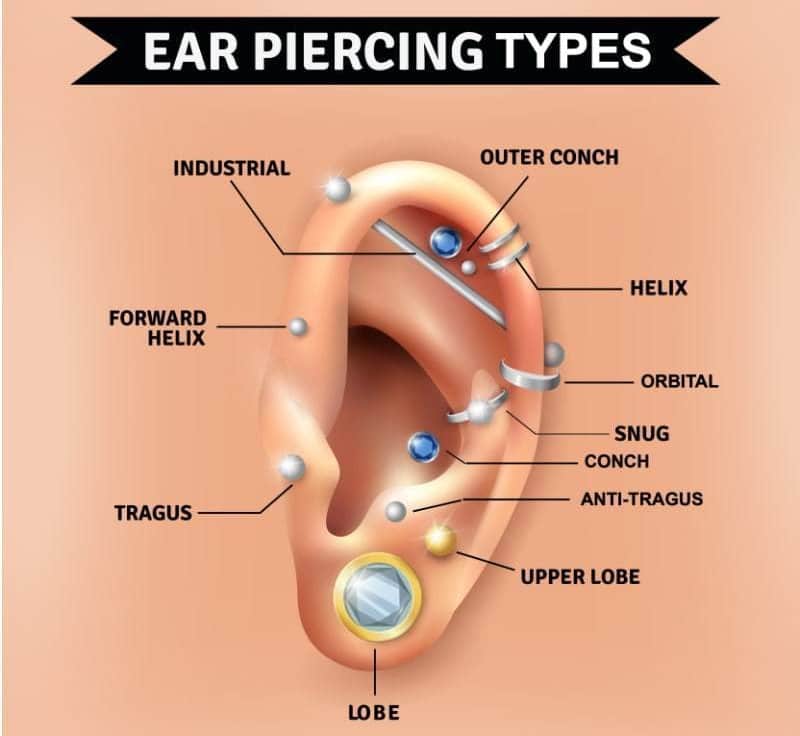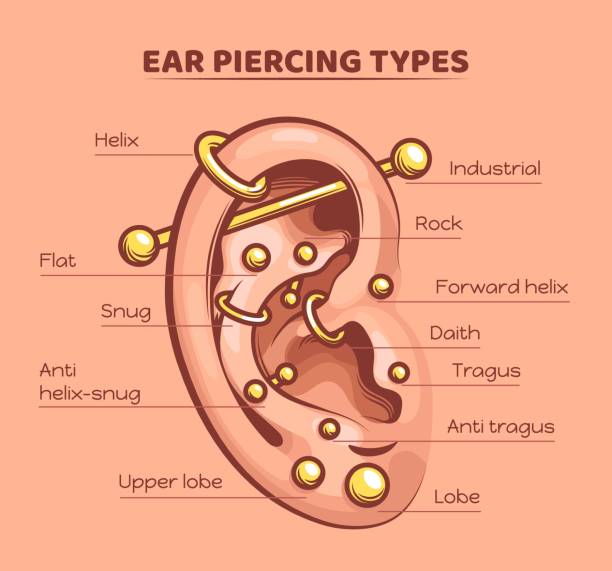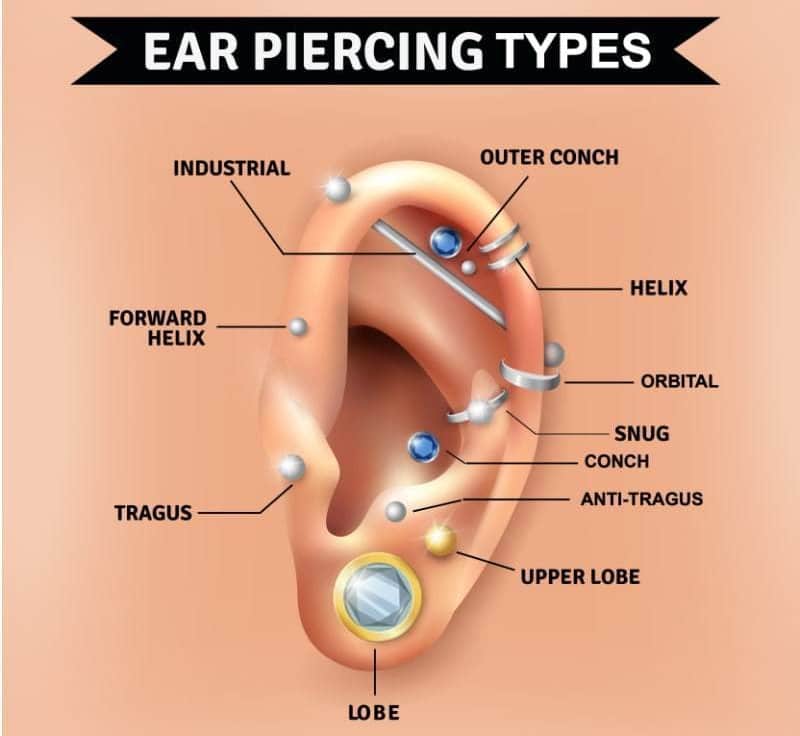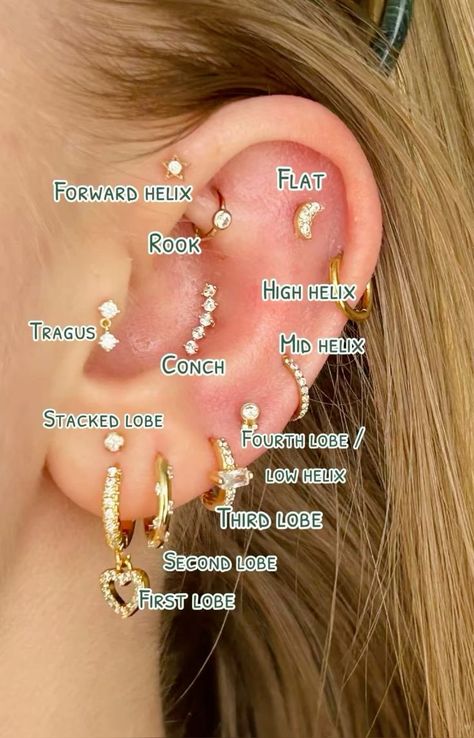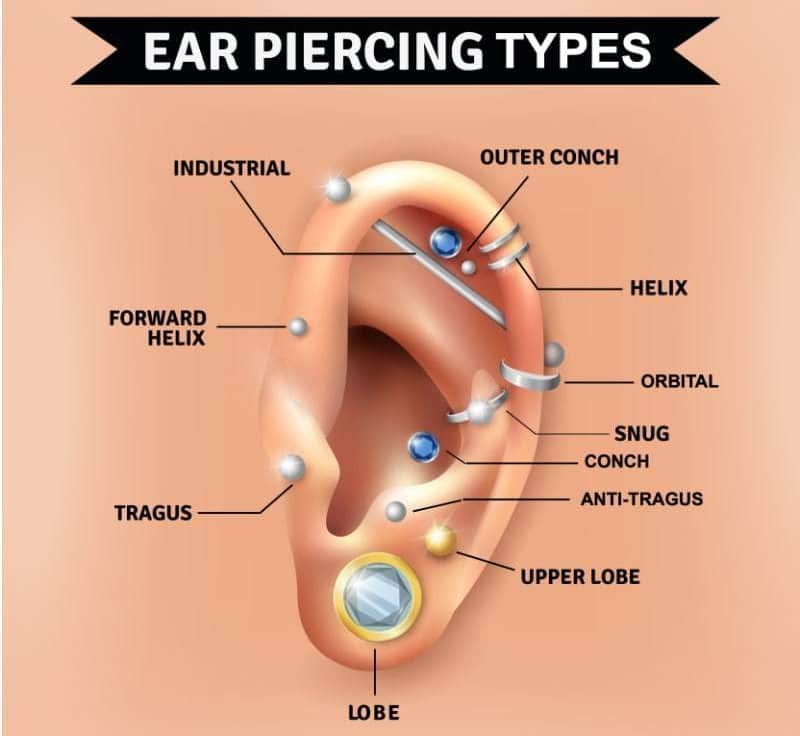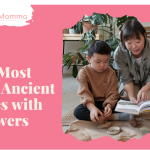On-Page SEO Strategies
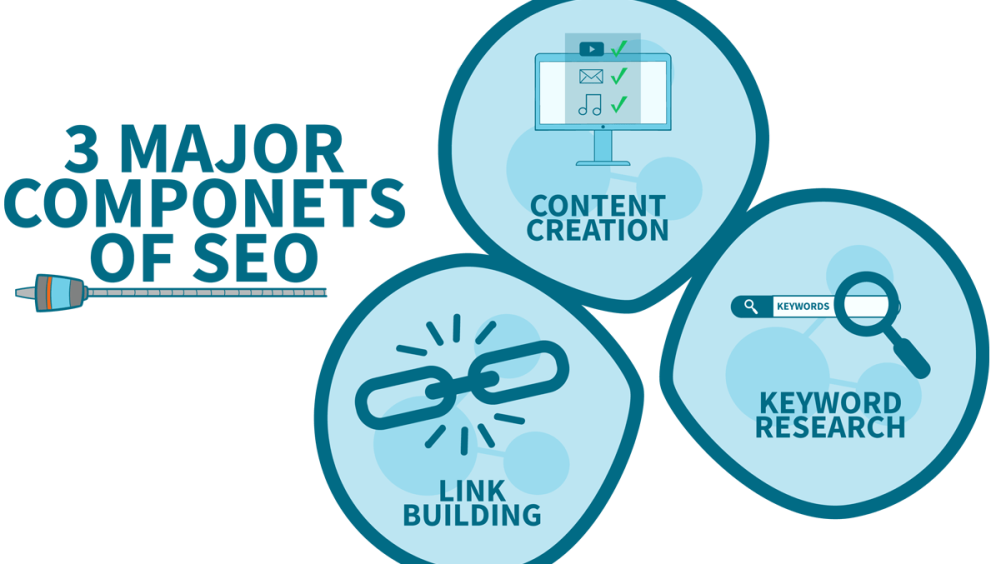
https://seoservicegurus.com/ Search Engine Optimization (SEO) is the backbone of any successful online presence, and one crucial aspect is on-page SEO. We’ll discuss different ways to improve your rank via on-page optimization.
1. Introduction
Knowing the fundamentals in SEO is crucial prior to exploring on-page strategies. SEO your website so that it ranks higher in search results, which ultimately drives organic traffic. On-page SEO is focused on specific web pages to increase the search engine ranking of their site and bring in more customers.
2. Keyword Research
The basis for effective on-page SEO is an extensive keyword research. Find keywords that are the keywords that are related to your content with tools such as Google Keyword Planner or SEMrush. These tools offer insights into the volume of searches as well as competition and related keywords. https://symbiacanada.ca/
3. Meta Descriptions and Title Tags
The art of creating appealing meta descriptions and title tags is a fine art. These elements do not just give an insight into your content, but additionally play an important role in the search engine ranking. Make sure your titles are succinct and include the primary keyword, and encourage readers to take a look. On-page SEO Strategies
4. URL Structure
and keeping them simple. Beware of using complex symbols or numbers that could cause confusion for both users and search engines.
5. Header Tags (H1 H2, H3, H4 and H4,)
The header tags help organize your content into hierarchical structures, increasing SEO as well as readability. Use H1, H2 and H3 tags to organize your content. The H1 tag should include the primary subject matter, while the subsequent tags could be subheadings.
6. Content Optimization
Relevant, high-quality content is the foundation of SEO on-page. Create content that meets the user’s needs, incorporates relevant keyword naturally and adds the most value. Make sure you balance the density of keywords to avoid keyword overfilling, and ensure an effortless reading experience.
7. Image Optimization
Images are vital for generating interest, however they shouldn’t impede your website’s performance. Reduce the size of images by compressing them to reduce their size, and remember to include descriptive alt text. Alt text does not just improve accessibility but also helps SEO by giving the search engines with context.
8. Internal Linking
Link your pages in a strategic manner by using internal links. This is not just helpful to users to navigate your website but also increases link equity, increasing the SEO potential of various pages. Be sure to link in a way that is relevant and make use of the appropriate anchor text.
9. Mobile Optimization
With the growing usage of mobile devices the need for a mobile-friendly website is essential. A responsive design and SEO practice guarantee a seamless experience for users using a variety of devices and positively affect the search engine rankings.
10. Page Speed Optimization
Speed of pages directly impact the user experience as well as SEO. Improve the speed of your website’s loading through compressing your images taking advantage of the caching capabilities of your browser, and decreasing HTTP requests. Search Engines’ Page speed Insights will assist in identifying areas that need improvement.
11. The User Experience (UX)
Search engines prefer websites that deliver users with a pleasant experience. Factors like the site’s and overall design influence UX. Through enhancing these aspects that you can not only please users, but also earn the respect with search engine algorithms.
12. Social Media Integration
Social media is a potent tool to expand your reach online. Add social sharing buttons to your website and ask people to spread the word about your site. Social signals, like shares and likes, can have a positive impact on the rankings of your SEO.
13. Schema Markup
Improve the look the appearance of search result using schema markup. The structured data can provide more details to the search engine, increasing the relevancy and visibility to your website’s content. Implement schema markup for
14. Regular Content Updates
Updated and fresh content shows the search engine that your site is current and relevant. Update your content regularly or add new information and keep up-to-date with the latest trends in your industry. This constant effort helps to ensure continuous SEO success.
15. Monitoring and Analytics
The implementation of on-page SEO strategies isn’t something that you can do in one go. Continuously check the performance of your website by using tools for analytics such as Google Analytics. Monitor key metrics, pinpoint areas to improve and then adjust your strategies in response to
Conclusion
Learning to master on-page SEO is a continuous process which requires a keen eye and the commitment to providing useful content. With these methods you can improve your user experience, increase the quality of your content and, ultimately, improve your search engine ranking. The art of mastering on-page SEO is a continual process which requires attention to detail and dedication to quality content. Through these strategies that you can improve your site’s performance, enhance user experience and eventually improve your search engine ranking.
FAQs
- How long will it take to see the results from your on-page SEO efforts?
- SEO is a slow process, and the time for results may vary.
- While they’re the same, some websites feature unique features, like the optimization of products and user reviews.
- Does it make sense to hire an SEO specialist for on-page optimization?
- While hiring a professional can be beneficial, a variety of on-page SEO methods can be employed by webmasters with an understanding of SEO concepts.
- When should I refresh the content on my website to achieve SEO optimization?
- Regular updates are regular. Be on the lookout for regular updates, whether that’s the addition of new pages, content or keeping current with the latest trends in the industry.
- Do social media actually affect the SEO rankings?
- While social signals do not directly affect rankings, they can be a brand, and can drive traffic to your website.




